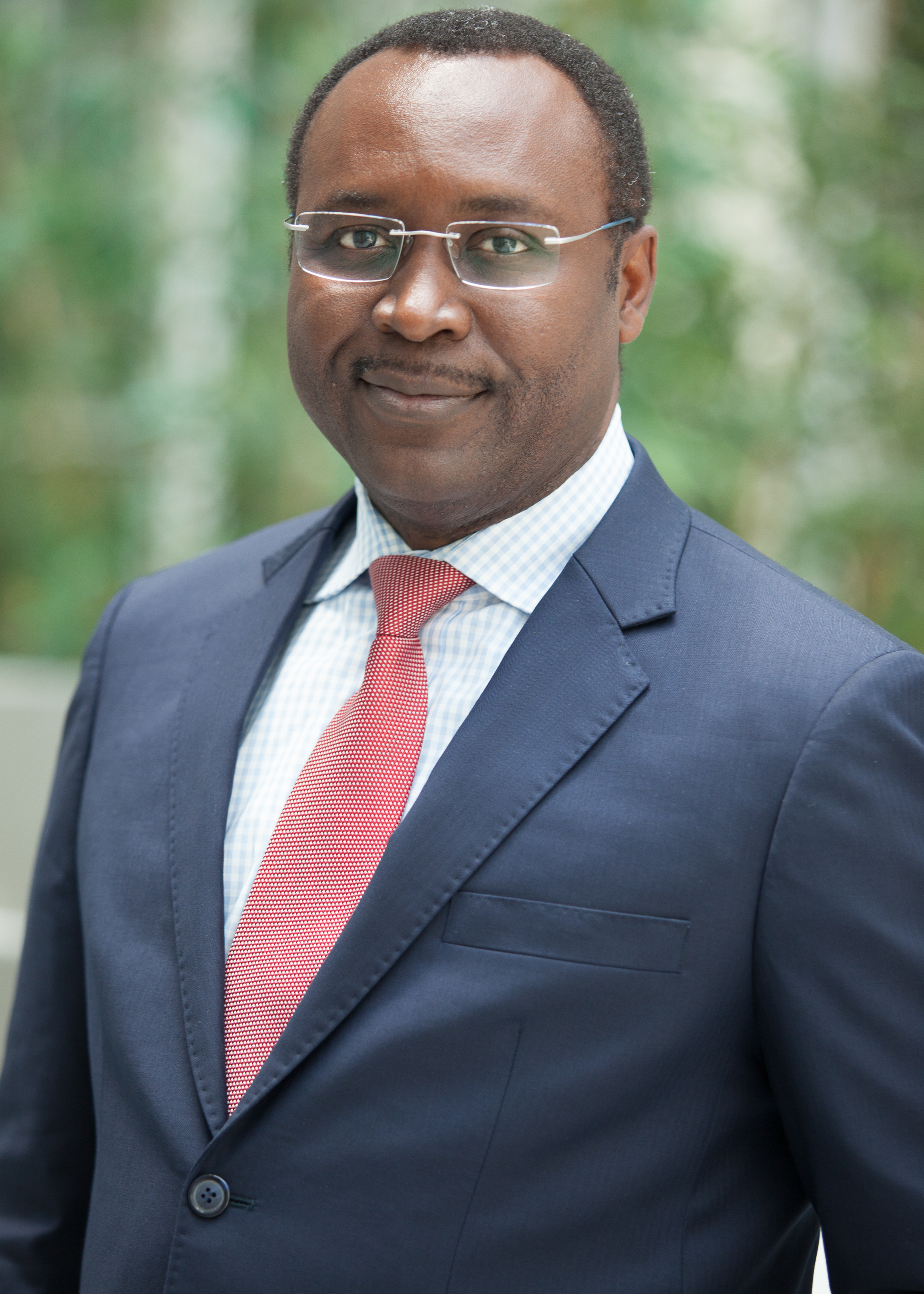INTERVIEW with Albert G. Zeufack

Albert G. Zeufack
Since May 2016, Albert G. Zeufack has been the World Bank's Chief Economist for the Africa region. Prior to his appointment to this position, he was Director of the world pole of expertise in macroeconomics and public finance. His primary area of research focuses on the microeconomic foundations of macroeconomics. Albert Zeufack joined the World Bank as part of the young professionals recruitment program in 1997. He then held various positions in the Africa, East Asia and Pacifie, and Europe and Central Asia Regions.
Photo: World Bank
Journalists: Sonia Reyne and Martin Pierre, journalistes.
